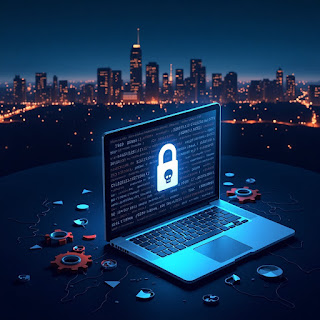🌟 Top 10 Highest Paying IT Certifications in 2025 — Boost Your Career & Salary 🚀
Top 10 Highest Paying IT Certifications in 2025 🌟 Top 10 Highest Paying IT Certifications in 2025 — Boost Your Career & Salary 🚀 Hey tech fam! If you're thinking of supercharging your career and making serious money moves, you're in the right place. 2025 has brought a fresh wave of demand for skilled professionals—and having the right certification can be your golden ticket 🎟️ to high-paying roles. 1. Google Cloud Professional Cloud Architect $200 💵 Avg. Salary: $174,000 Google Cloud is on fire in 2025! This certification proves you can design secure, scalable solutions on GCP. It’s a favorite for cloud architects and a sure-fire way to stand out. 2. CISSP – Certified Information Systems Security Professional $749 💵 Avg. Salary: $162,000 Globally recognized and in-demand, CISSP is perfect for experienced security professionals aiming for leadership positions. It’s not easy—but the payoff i...




